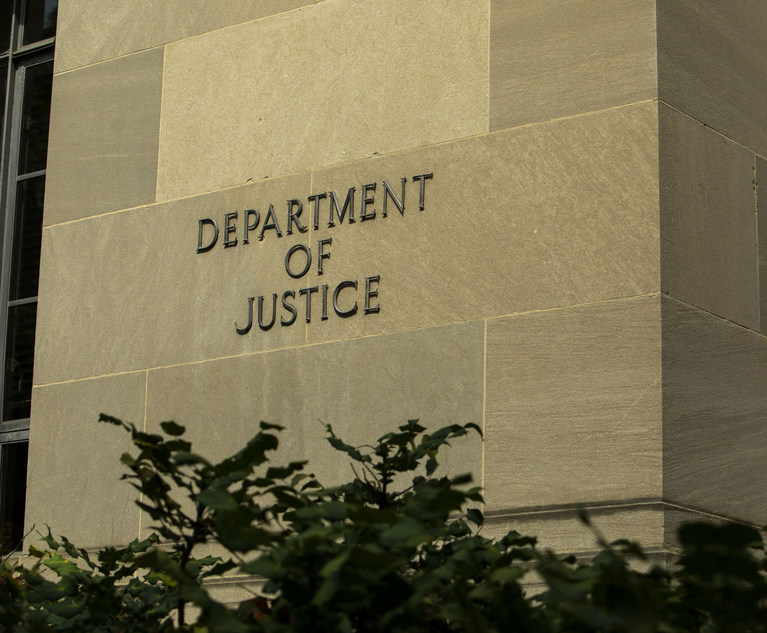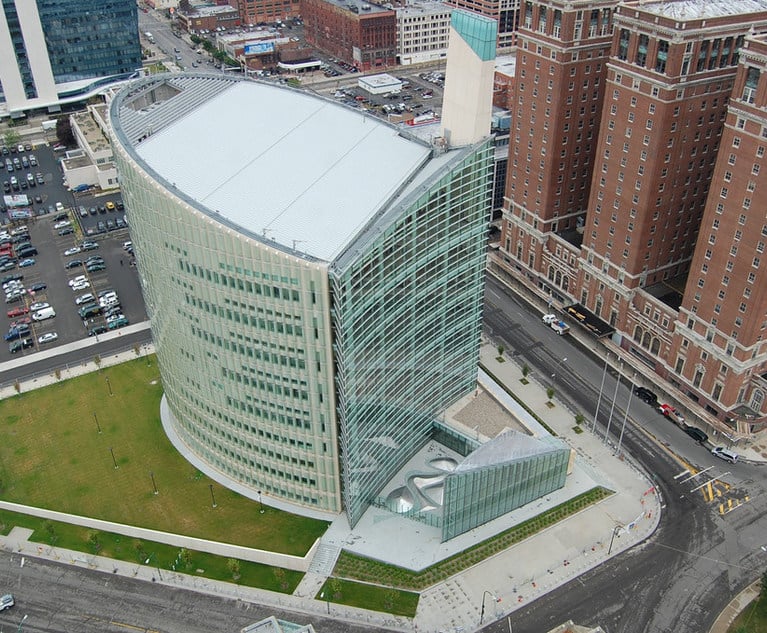Over the course of the past decade, the Department of Justice (DOJ) and the Federal Trade Commission (FTC) have ramped up their efforts to combat anticompetitive practices in labor markets. These efforts began in earnest in 2010, when the DOJ filed and settled a civil action against major tech companies alleging that they violated the antitrust laws by agreeing not to “cold call” one another’s employees. Since then, the DOJ has commenced several criminal actions against individuals who have allegedly entered into “no-poach” agreements or engaged in wage fixing. More recently, in July 2021, President Biden signed an Executive Order that, among other things, directed the agencies to consider strengthening guidance concerning wage collusion and curtailing the unfair use of noncompete clauses in employment agreements. And as part of its Draft Strategic Plan for Fiscal Years 2022–2026, released this past month, the FTC announced plans to increase the use of provisions in merger consent orders that improve worker mobility.
On the heels of these developments, on Dec. 6 and 7, 2021, the agencies hosted a virtual workshop to discuss potential future efforts to promote competitive labor markets and worker mobility. The workshop, titled “Making Competition Work: Promoting Competition in Labor Markets,” featured conversations on a wide array of topics, including labor monopsony, the relationship between antitrust law and collective bargaining in the “gig economy,” and more. This article outlines the key discussions that took place during the workshop.


 U.S. Department of Justice building in Washington, D.C. June 6, 2020.
U.S. Department of Justice building in Washington, D.C. June 6, 2020.




